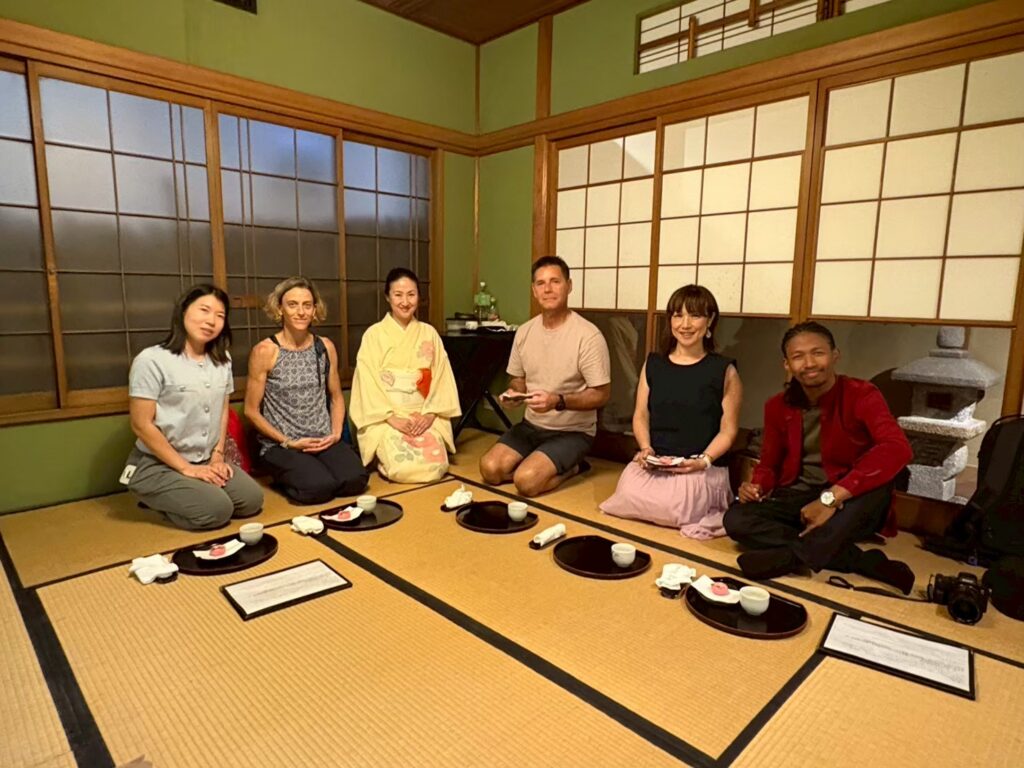At Wasako’s tea ceremony experience, we can lend you a complimentary happi coat for taking photos.
If you’d like one, please let our staff know.
和茶子-wasako-の茶道体験では、写真を撮るために、無料の法被をお貸しすることができます。
ご希望あれば、スタッフまでお声かけください。
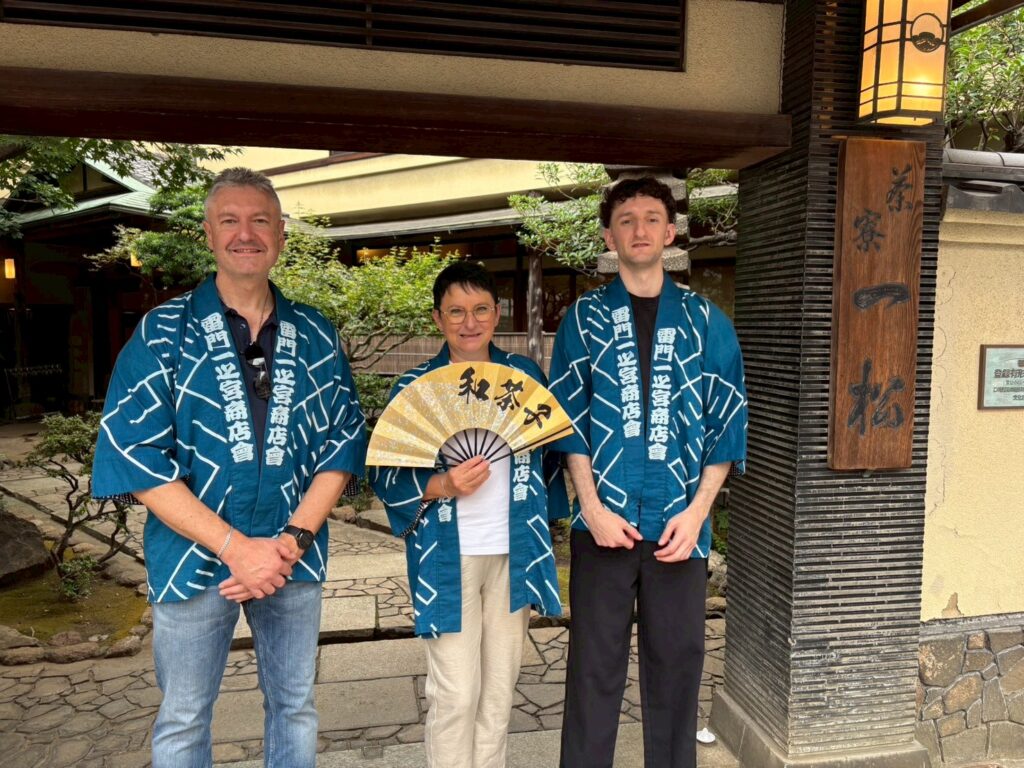
At Wasako’s tea ceremony experience, we can lend you a complimentary happi coat for taking photos.
If you’d like one, please let our staff know.
和茶子-wasako-の茶道体験では、写真を撮るために、無料の法被をお貸しすることができます。
ご希望あれば、スタッフまでお声かけください。

With Wasako’s 45-minute plan, you can learn how to make delicious matcha.
和茶子-wasako-の45分茶道体験プランにて、あなたは美味しい抹茶の作り方を教わることができます。
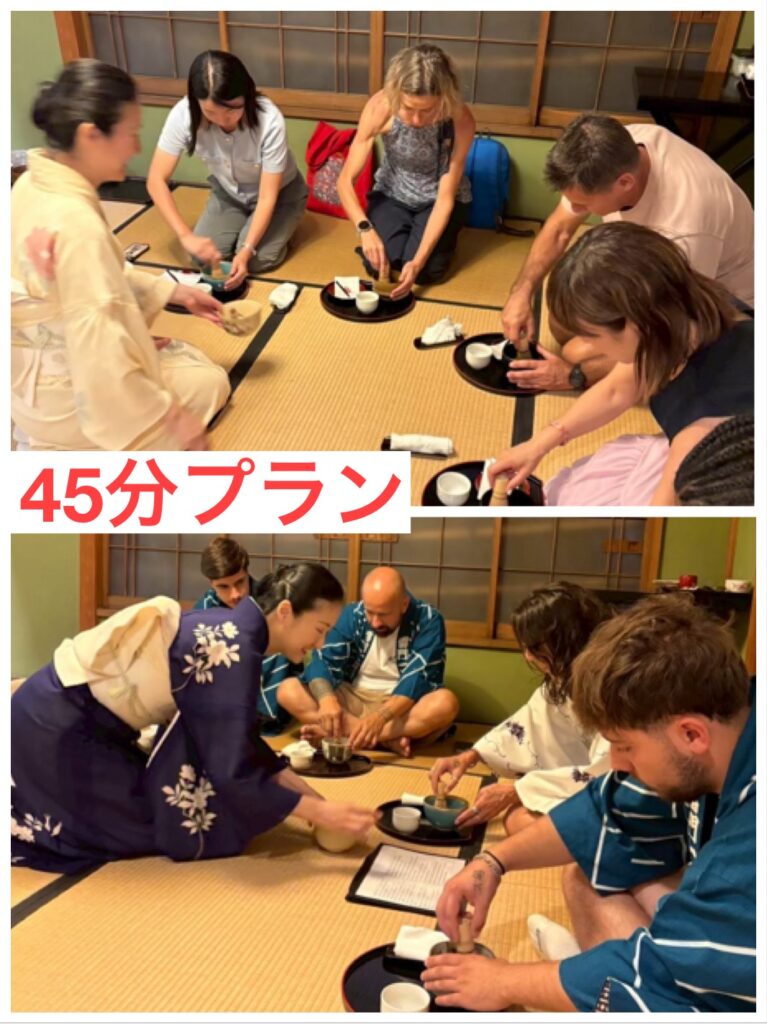
You can take photos with the hanging scroll.
掛軸と一緒に写真をとりませんか?
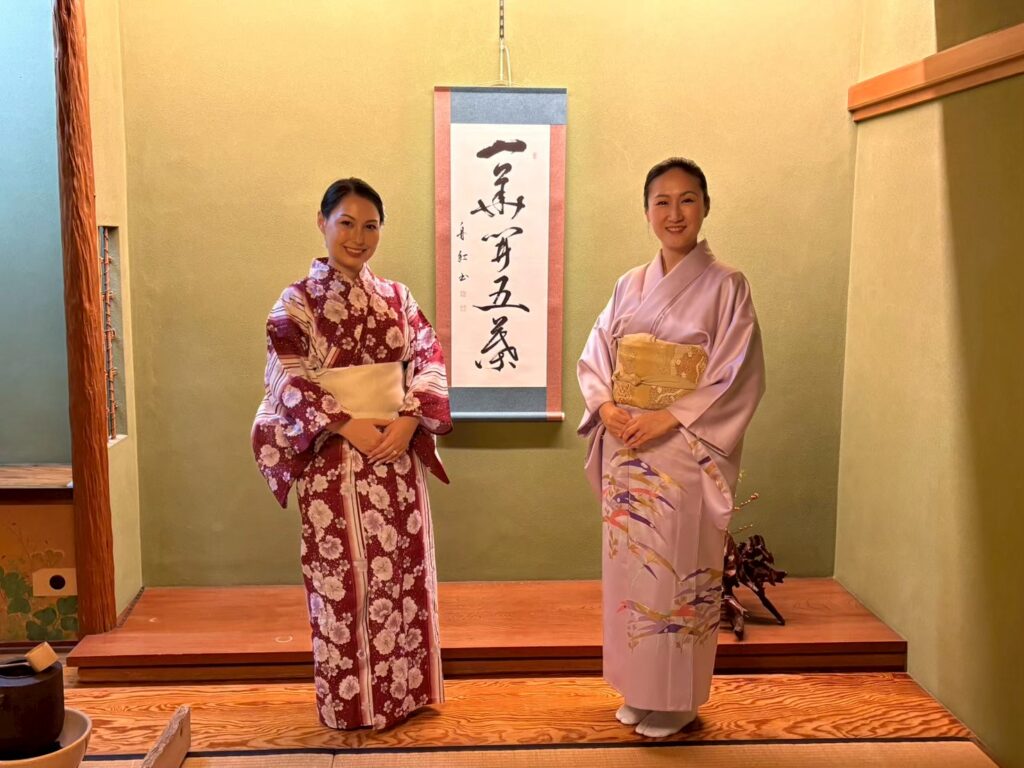
He came from Hawaii and enjoyed a tea ceremony experience.
ハワイからお越しのお客様、茶道体験をお楽しみいただきました。
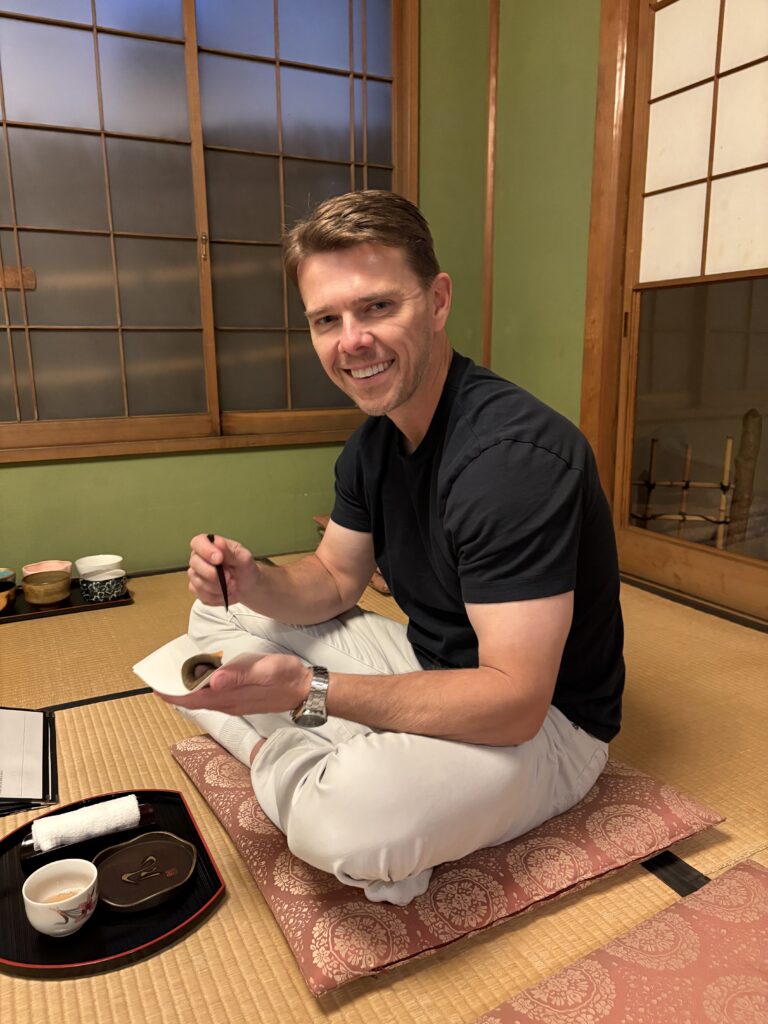
Ichimatsu Garden is a Japanese garden rich in natural beauty. Please come visit us.
茶寮一松の庭は自然が豊かな日本庭園です。ぜひ、遊びに来てくださいね。
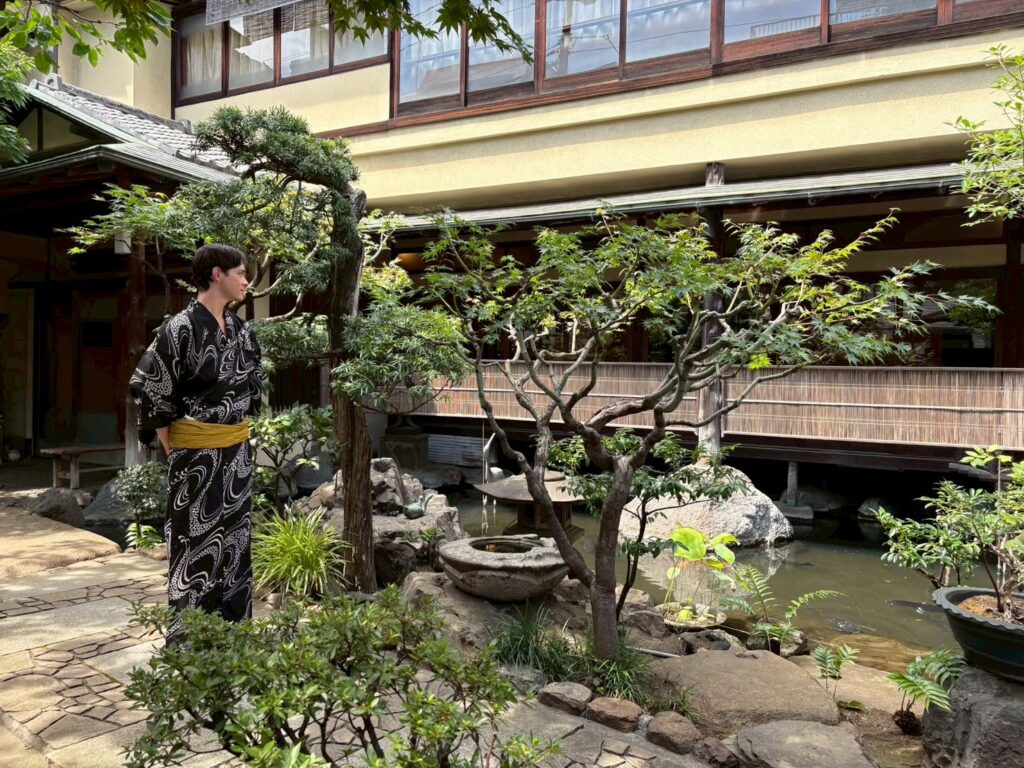
They came as a family to experience the tea ceremony.
彼らは茶道体験をしに、家族でお越しくださいました。
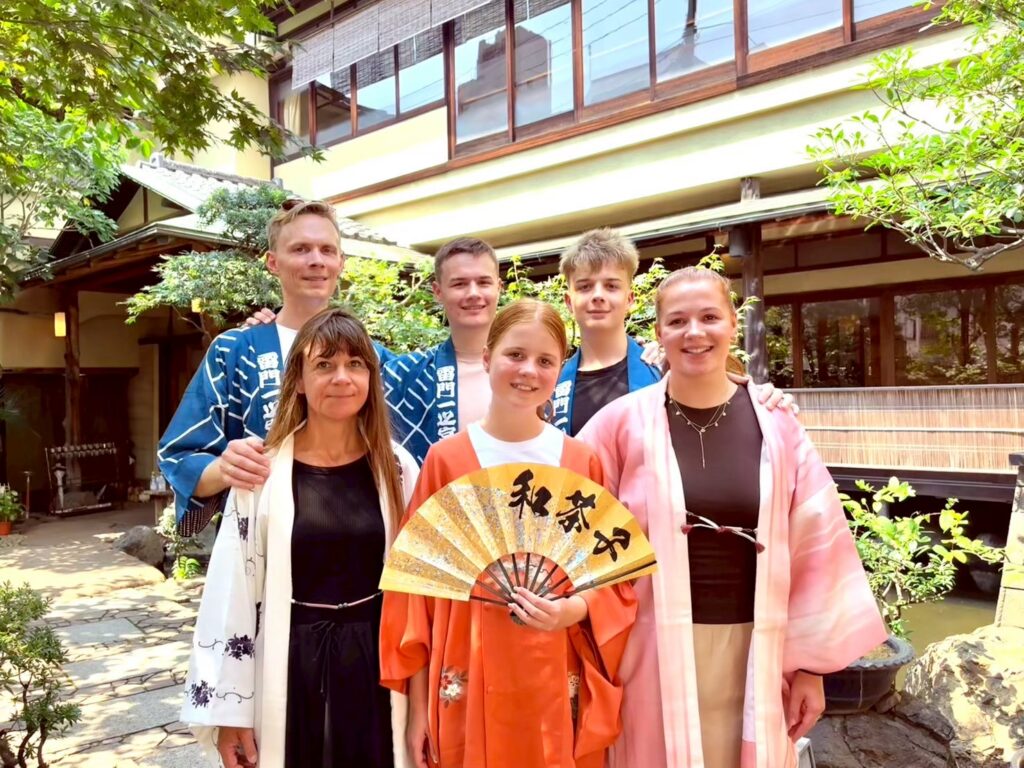
You can take wonderful photos in Ichimatsu’s garden.
茶寮一松の庭にて、素敵な写真を撮りましょう。
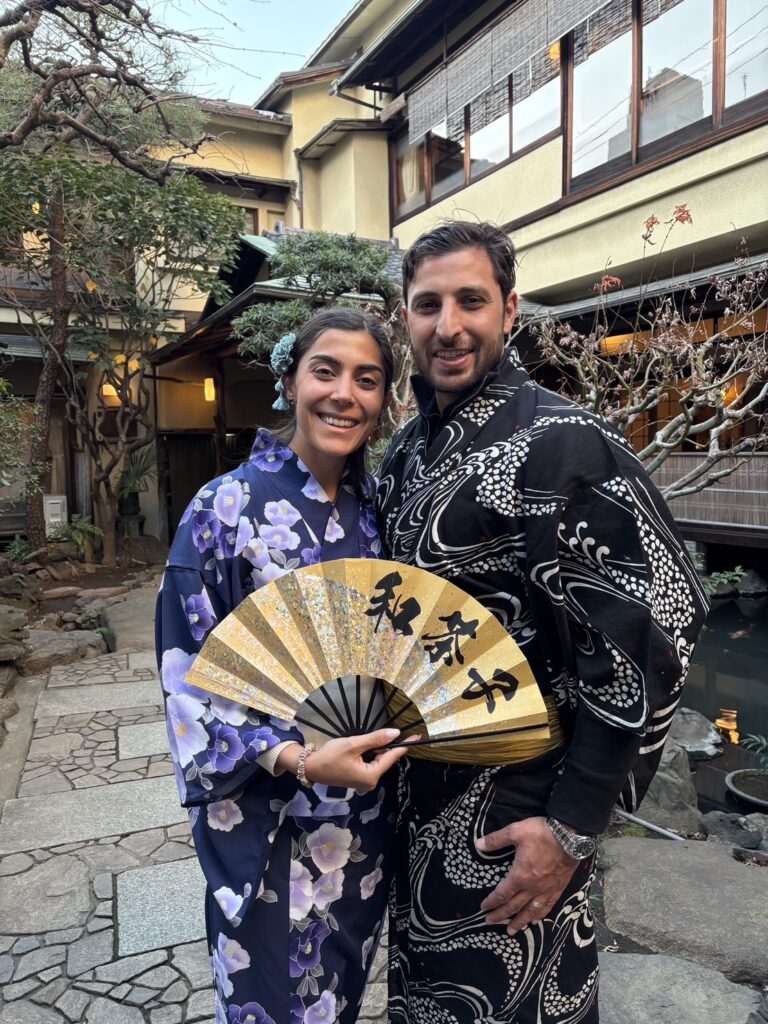
With Wasako’s 60-minute plan, you can learn how to make delicious matcha in a one-on-one session with an instructor.
wasakoの60分プランにて、あなたはインストラクターから1対1で、美味しい抹茶の作り方を教わることができます。
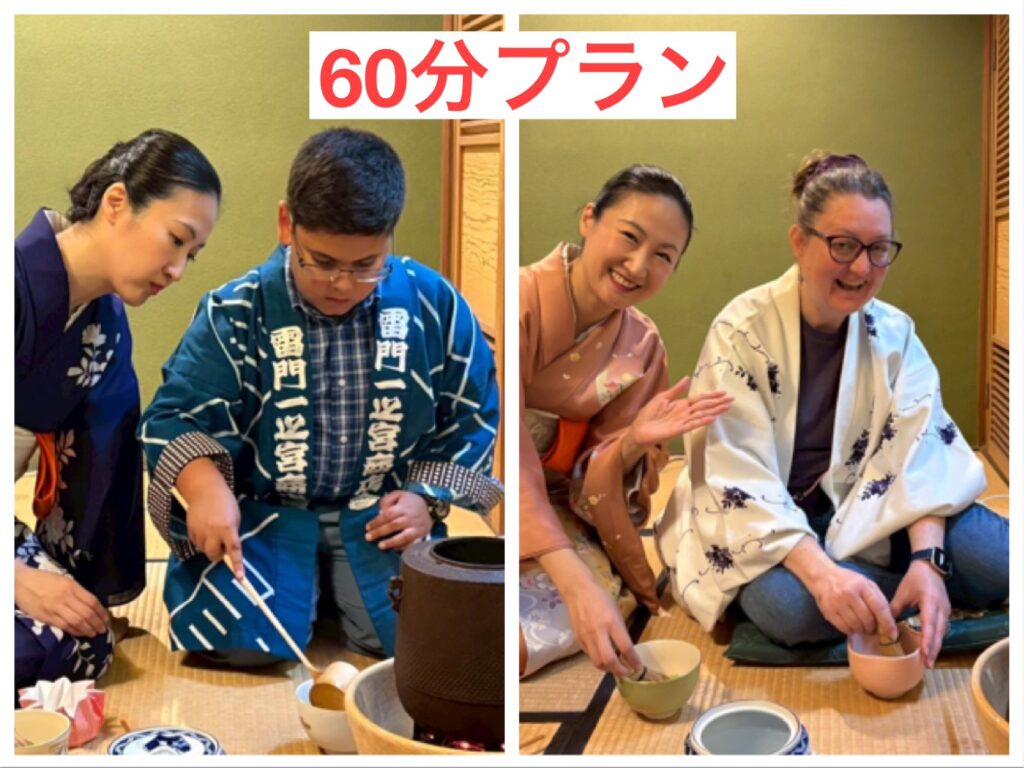
With Wasako’s 45-minute plan, you can enjoy matcha and Japanese sweets while learning how to prepare delicious matcha.
wasakoの45分プランにて、あなたは抹茶と和菓子を食べ、美味しい抹茶の作り方を教わることができます。
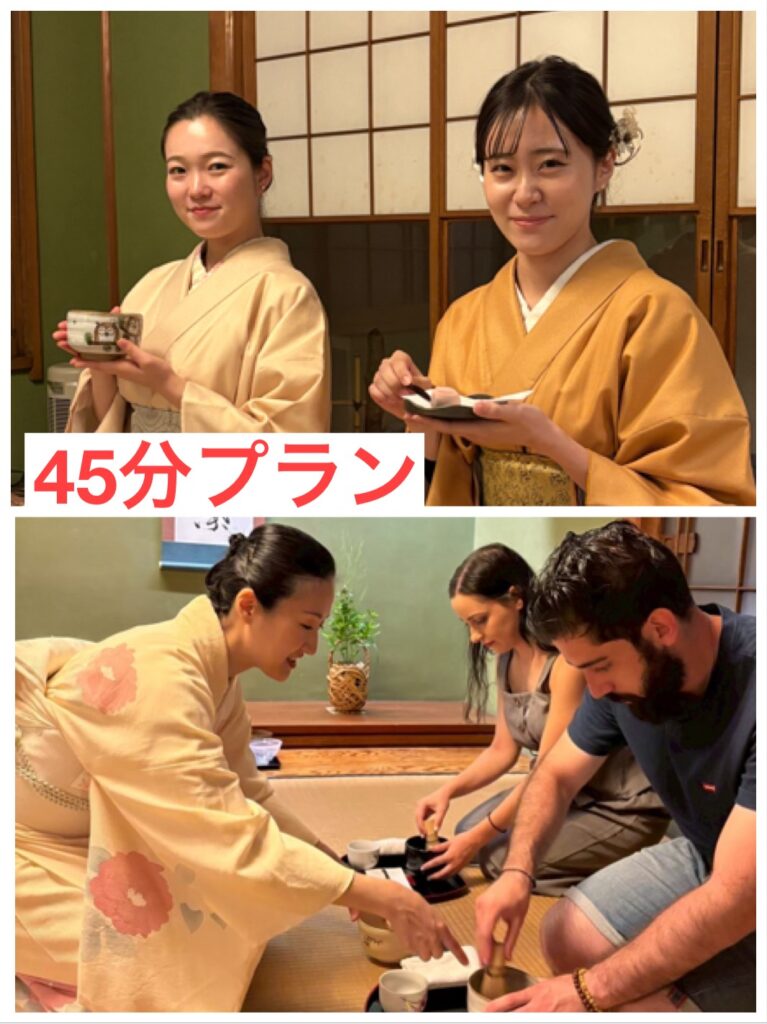
They came from Madagascar and enjoyed a tea ceremony experience.
彼らはマダガスカルから来て、茶道体験をなさいました。
